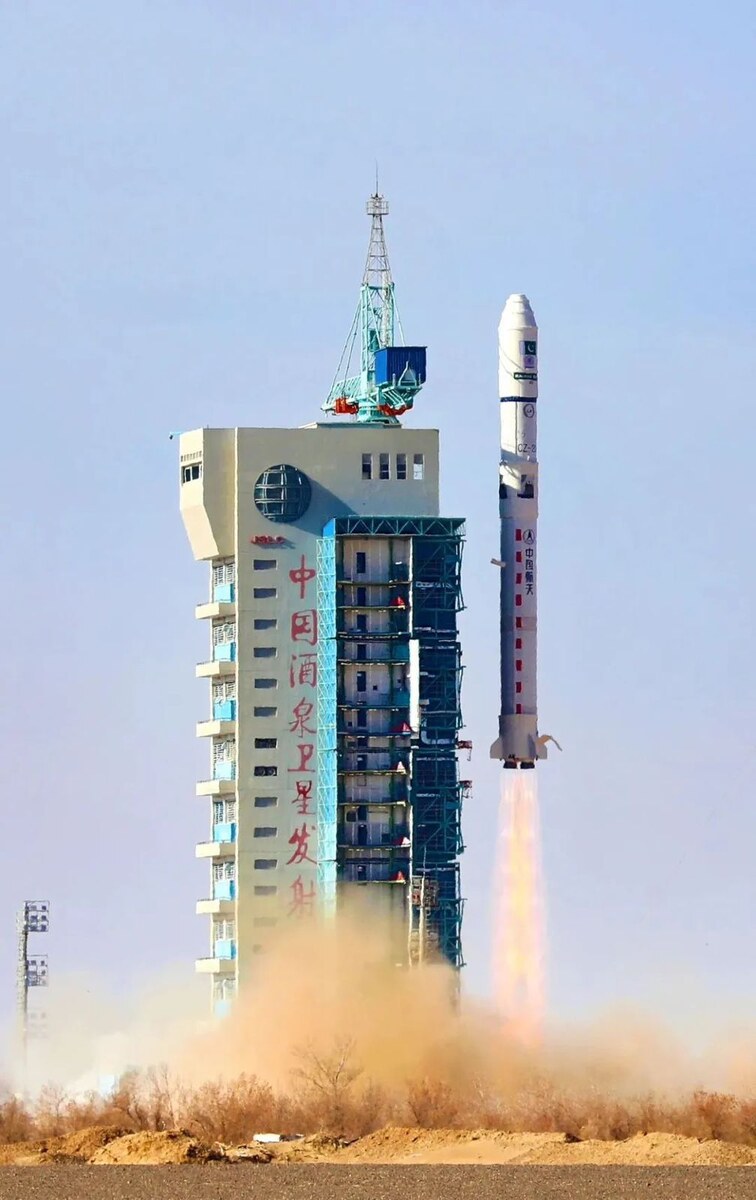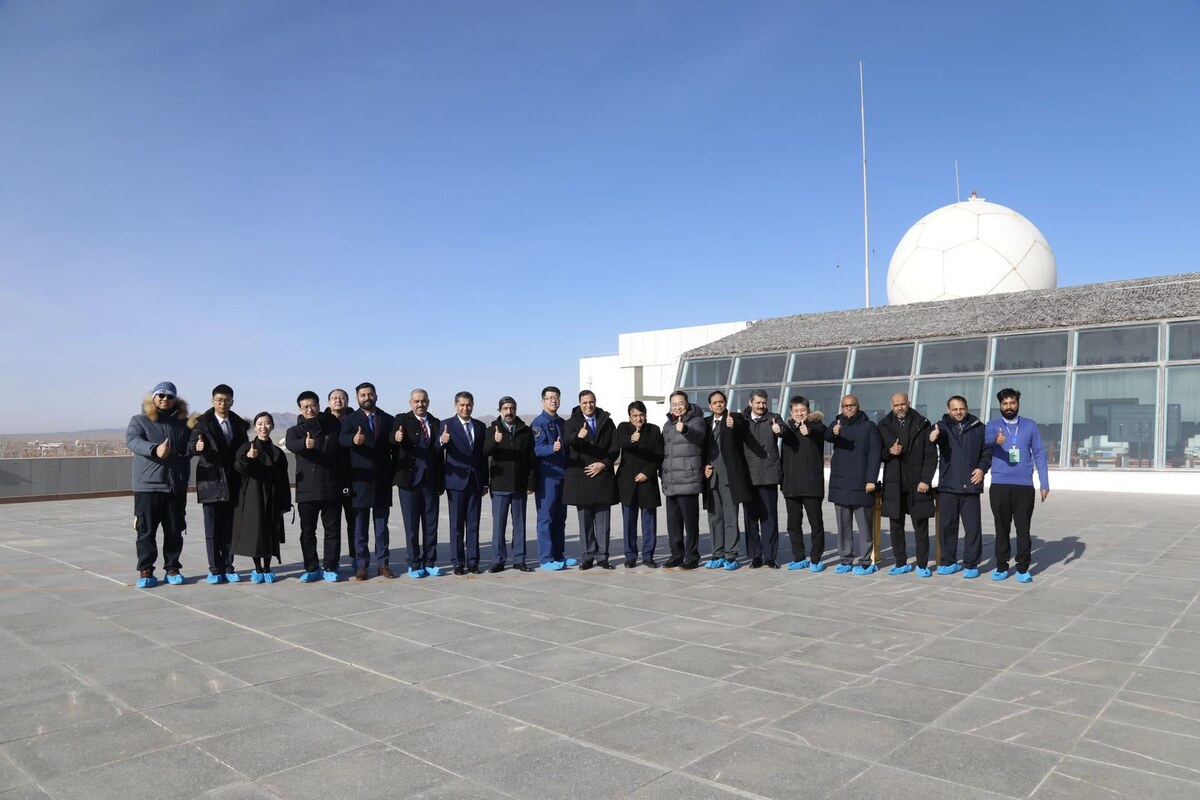AI, analytics and the future of Saudi Arabia’s workforce

https://arab.news/p6ntq
Saudi Arabia is making significant strides in the world of artificial intelligence, in pursuit of its ambitious initiatives to position the Kingdom as a global leader in AI.
The National Strategy for Data and Artificial Intelligence, launched in 2020, is a cornerstone of these efforts, seeking to attract $20 billion in investments by 2030 and cultivate a workforce of 20,000 AI and data specialists.
These initiatives are inextricably linked to Vision 2030’s overarching goals of social reform and economic diversification, which together aim to establish Saudi Arabia as a regional leader in technology and innovation.
AI represents a further significant advancement in human progress. Historically, businesses have leveraged technology to enhance productivity and efficiency by automating tasks that once required human effort.
The current era, often referred to as the second machine age, is distinguished by numerous instances of machine intelligence and the integration of billions of interconnected systems working collectively to improve our ability to enhance our understanding of the world and to solve complex problems.
AI and advanced analytics enable more accurate predictions, better decision-making and the development of new business strategies. In Saudi Arabia, these technologies are poised to transform industries, necessitating a reevaluation of human-machine collaboration.
The potential economic impact within Saudi Arabia is substantial. According to a recent report by the professional services firm PwC, the projected economic impact of AI in the Middle East by 2030 is $320 billion, with an estimated $135.2 billion attributed to Saudi Arabia.
Additionally, McKinsey suggests that 41 percent of work activities in the Kingdom could be automated. This presents both significant opportunities and formidable challenges.
The rapid advancement of AI, particularly generative AI, is revolutionizing how we work and live. Tools like ChatGPT represent some of the fastest-adopted technologies in history, significantly impacting productivity and decision-making processes.
This intersection of AI and the workforce is particularly relevant for Saudi Arabia, which is making significant strides in AI adoption and workforce transformation as part of its Vision 2030 agenda.
To future-proof its workforce, Saudi Arabia is placing a strong emphasis on continuous learning and development in AI and data analytics. The country also recognizes that collaboration between government and the private sector is vital for driving workforce transformation and ensuring readiness for future challenges.
Preparing the Saudi workforce for an AI-driven future involves equipping workers with the necessary skills and fostering an environment of innovation and adaptability.
However, this transformation is not without its challenges. The rise of AI raises concerns about misinformation, manipulation and the delicate balance between human judgment and machine algorithms.
Despite these challenges, the potential benefits in terms of efficiency and innovation are substantial.
Preparing the Saudi workforce for an AI-driven future involves equipping workers with the necessary skills and fostering an environment of innovation and adaptability.
Nicholas C. Lovegrove
Generative models like ChatGPT redefine data analysis and idea generation. They offer unprecedented capabilities for enhancing human productivity and creativity. Leveraging AI to augment human abilities can lead to significant improvements in various sectors.
Still, it is crucial to adopt a balanced approach to AI integration, one that maximizes benefits while minimizing risks. This includes addressing ethical considerations to ensure AI promotes inclusivity and equity.
Broader societal challenges associated with AI, such as the “alignment problem” and the “containment problem” also need to be addressed.
The alignment problem concerns ensuring that AI systems’ objectives align with human values, while the containment problem involves preventing AI systems from acting outside their intended scope.
Tackling these issues is essential for responsible AI integration.
Saudi Arabia’s strategic investments and workforce development initiatives position the Kingdom to potentially become one of the global leaders of the AI revolution.
By focusing on ethical AI practices and fostering a culture of continuous learning and innovation, Saudi Arabia can ensure a prosperous and inclusive future, in which everyone in its workforce has equal opportunities to participate in and benefit from the AI-driven initiatives.
The Kingdom’s commitment to AI and analytics holds transformative potential, offering significant opportunities for productivity and innovation across various sectors.
As machines increasingly undertake cognitive tasks, the landscape of employment is changing, with human roles experiencing considerable transformation. For example, AI-powered chatbots are enhancing customer service efficiency, automated systems are streamlining data entry and robo-advisers are making financial services more accessible.
However, this shift should not be viewed as a conflict between human workers and machines. Rather, we should recognize the potential for augmentation, where AI can enhance human capabilities rather than merely replace them.
Despite these advancements, there remains a crucial need for human judgment and regulation to oversee AI systems, ensure ethical standards are met and address complex issues that machines alone cannot resolve.
By focusing on how AI can complement human intelligence, we can unlock new possibilities for innovation and productivity.
The journey toward an AI-driven future is filled with both opportunities and challenges. Saudi Arabia’s proactive approach, underpinned by Vision 2030 and significant investments in AI and workforce development, demonstrates its commitment to harnessing the power of AI for economic diversification and social reform.
By embracing AI and analytics while addressing ethical considerations, Saudi Arabia is well positioned to become a global leader in technology and innovation, paving the way for a future that is not only prosperous and inclusive but also forward-looking.
In shaping a world where the transformative power of AI acts as a catalyst for unprecedented progress, Saudi Arabia’s efforts resonate as a beacon of promise and potential.
• Nicholas C. Lovegrove is a professor of the practice of management at Georgetown University’s McDonough School of Business































